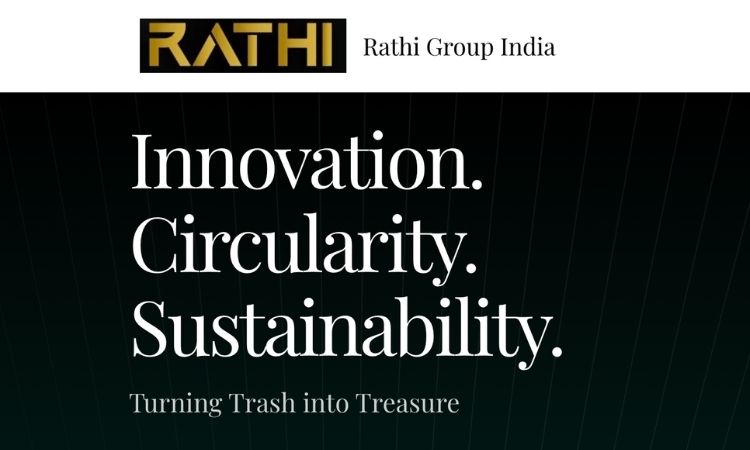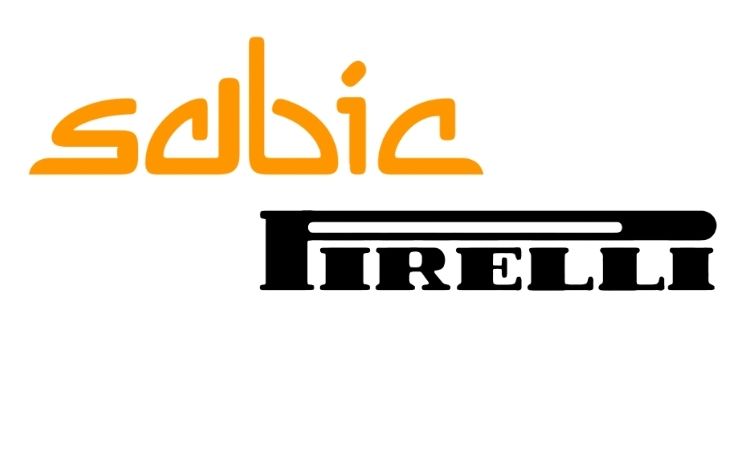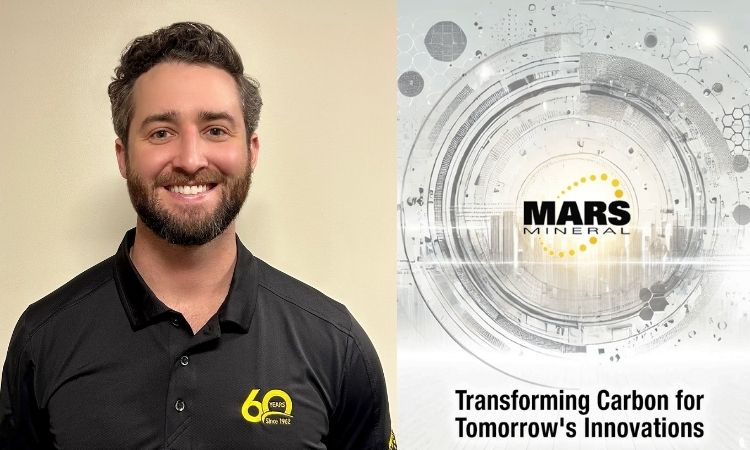South Africa holds consultation meetings on EPR plan to strengthen tyre recycling
On February 21, 2020, South Africa’s Department of Environment, Forestry and Fisheries held consultation meetings dedicated to implementation of Extended Producer Responsibility (EPR) systems for tire industry in South Africa. End-of-life tire accumulation have become quite an issue in the country, especially given that operations of the waste tire management authority, Redisa, were temporarily halted several years ago.
The current report is written based on report by Dr. Ziboneni Godongwana, natural scientist working in the fields of solid waste management and recycling technologies, who personally attended the meeting.
Participants of the consultations included representatives from the following regulatory bodies and industries:
- Representatives from the Department of Environment, Forestry and Fisheries:
- Barbara Creecy (Minister of the Department of Environment, Forestry and Fisheries of South Africa)
- Nosipho Ngcaba (Director General of the Department of Environment, Forestry and Fisheries)
- And other members
- Department of Trade and Industry (DTI) Representatives from the National Treasury Department
- Council for Scientific and Industrial Research (CSIR)
- Tyre manufacturing industry
- Tyre recycling industry
- End-of-life tyre haulers
- South African Waste Pickers Association (SAWPA)
According to Barbara Creecy, Minister of the Department of Environment, Forestry and Fisheries of South Africa, the meeting took place to brief the tyre industry of South Africa about the future of the waste tyre sector in South Africa and introduction of an extended producer responsibility (EPR) model to strengthen tyre recycling in the country.
The consultations held by the Department of Environment, Forestry and Fisheries shed light on what the end-of-life tire industry is aiming at, its goals and strategy, timelines for EPR implementation, etc.
In the course of the meeting discussions between the authorities, tyre industry representatives, recyclers and other stakeholders took place. Prior to the current meeting, several other events took place in 2019 aiming to address numerous question of the industry’s stakeholders and update all involved parties about the implementation of EPR.
Pertaining to the future of the tyre sector, the Programme Director held a presentation on how are the industry stakeholders are going to be involved in the process journey.
The plan for the management of end-of-life tyres submitted by the Recycling and Economic Development Initiative of South Africa (Redisa NPC) was approved in November 2012. This was not a Section 28 plan, but a tire regulation plan in terms of tire regulations under the Environment Conservation Act. In March 2017 there was a call for the waste tyre sector to submit waste tyre plans for the management of waste tyres in terms of Section 28. These regulations were published in September 2017 and on the 30th of September 2017 the Redisa plan was withdrawn.
Following the withdrawal, Barbara Creecy, Minister of the Department of Environment, Forestry and Fisheries, held a meeting with the tyre industry to discuss what the industry can do to improve the collection of waste tyres. She stressed that the Department must embark on a new process for the collection of end-of-life tires and decided to set up a team that would include the Department of Trade and Industry (DTI), the Department of Environment, Forestry and Fisheries and the National Treasury Department. This would also include other representatives.
The Minister then issued a Section 29 notice in relation to the NEMWA (Act, 2008); which states that:
“...The Minister may, by notice in writing, require an industry waste management plan to be prepared by an organ of state, excluding a municipality, within a stipulated timeframe. In return, the organ of state contemplated must follow a consultative process...”
In this regard, the organ of state appointed by the Minister to prepare an Integrated Industry Waste Tyre Management Plan is the Council for Scientific and Industrial Research (CSIR). As an official hand over to the CSIR, the Waste Bureau a branch of the former Department of Environmental Affairs, which was mandated to manage end-of-life tyres because of REDISA’s liquidation in 2017, is now beginning its exit plan strategy on the tyre operations.
The CSIR will hold stakeholder workshops with the industry to present drafts of its Integrated Industry Waste Tyre Management Plan (IIWTMPs). In these workshops, the tyre industry could object and/or approve drafts of the IIWTMP for further review. In total, there will be three phases of consultative meetings scattered throughout the year. The first consultative meeting between CSIR and the tyre Industry will be held on the 31st March 2020. This approach is taken because the Minister believes that in the past, there has been trust breakdown within the tyre recycling industry and the currently planned method is the best way to ensure transparency and trust.
The Minister also highlighted that stakeholders should have been enthusiastic not only to recycle end-of-life tyres but to sell their products by securing take off agreements. This, according to the Minister, is the key to the sustainability and the viability of the tyre recycling business.
Importantly, after the CSIR finishes drafting the final IIWTMP it will not engage in running nor managing the system. Several stakeholders inquired who would run with the IIWTMP once it is finalized and the Minister responded, “All of us. That is the Stakeholders involved. However, there will be an overarching Council that will serve as a monitoring body.”
At the current stage, it remains unclear how exactly the EPR plan will be carried out. Stakeholders are looking forward to attend the three-phased consultation meetings later this year. Timelines for the S29 Process are as follows:
- November 29, 2019 - Minister issued Notice
- December 5, 2019 – CSIR Received Notice
- February 4, 2020 – Meeting between the Director General of the Department of Environment, Forestry and Fisheries (DEFF), Department of Science and Innovation (DSI) and Council for Scientific and Industrial Research (CSIR)
- February 10, 2020 – Meeting between the Council for Scientific and Industrial Research (CSIR) and Waste Bureau on their current role in waste tyre management
- February 26, 2020 – Internal CSIR meeting to establish a project team to execute the project
- By March 13, 2020 – DEFF, DSI and CSIR meeting
- By March 20 – submission and approval of CSIR project plan
- By March 31 – First Consultation with industry and relevant stakeholders
- By May 31 – Second Consultation with industry and relevant stakeholders
- July 31 – Third Consultation with industry and relevant stakeholders
- By August 31 – Inter-Governmental consultation
- By September 30 – the Plan goes to the Minister for consideration
- Public Consultation Process as a part of the Waste Act (Act 59, 2008)
Weibold is an international consulting company specializing exclusively in end-of-life tire recycling and pyrolysis. Since 1999, we have helped companies grow and build profitable businesses.









